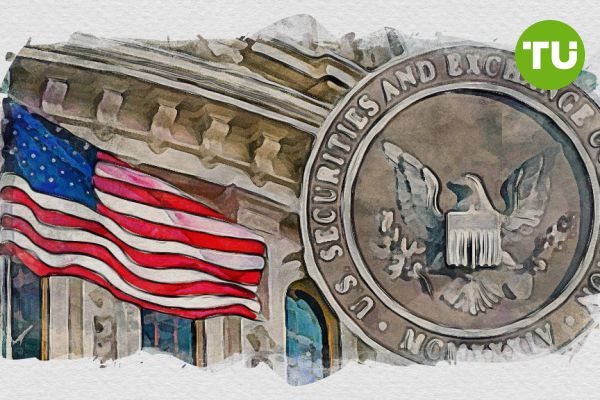Musk's access to SEC data sparks concerns over investor safety
 Musk’s DOGE team may access SEC data
Musk’s DOGE team may access SEC data
The U.S. Securities and Exchange Commission (SEC) is facing sharp criticism after reports surfaced that Elon Musk’s “Department of Government Efficiency” (DOGE) could gain access to sensitive internal systems and data.
Representative Maxine Waters, ranking Democrat on the House Financial Services Committee, issued a formal warning to acting SEC Chair Mark Uyeda, stating that allowing Musk and his team access could have “dire consequences” for U.S. investors and the integrity of financial markets.
According to Waters, DOGE is not an agency created by Congress, but an advisory body reporting directly to President Donald Trump. Granting access to this unelected team, she argued, poses serious conflicts of interest—especially given Musk’s history of violating securities laws and his ongoing business interests in markets regulated by the SEC.
Control, conflicts, and legal risks
Waters’ letter follows reports that Musk’s team had already contacted the SEC regarding system access. She warned that the agency could be more vulnerable to data breaches and market manipulation as a result. “Musk...can benefit his own businesses and harm his competitors by using his access to confidential business information and his influence over the agency’s operations,” she wrote.
The SEC plays a critical role in regulating digital assets, particularly in determining whether cryptocurrencies should be treated as securities. Under the leadership of Uyeda and President Trump, the agency has recently dropped multiple lawsuits against crypto firms—decisions that some critics argue could reflect political interference or deregulation.
As DOGE pushes further into regulatory territory, legal challenges are mounting. Multiple lawsuits have been filed against the advisory group, questioning the legality and constitutionality of its actions within federal agencies.
What’s next
With cryptocurrency regulation already a politically charged issue, the involvement of Elon Musk’s team in SEC operations raises the stakes. Observers now await whether the agency will push back or accommodate DOGE’s role, a decision that could reshape the relationship between government oversight and the crypto industry.













































































































































